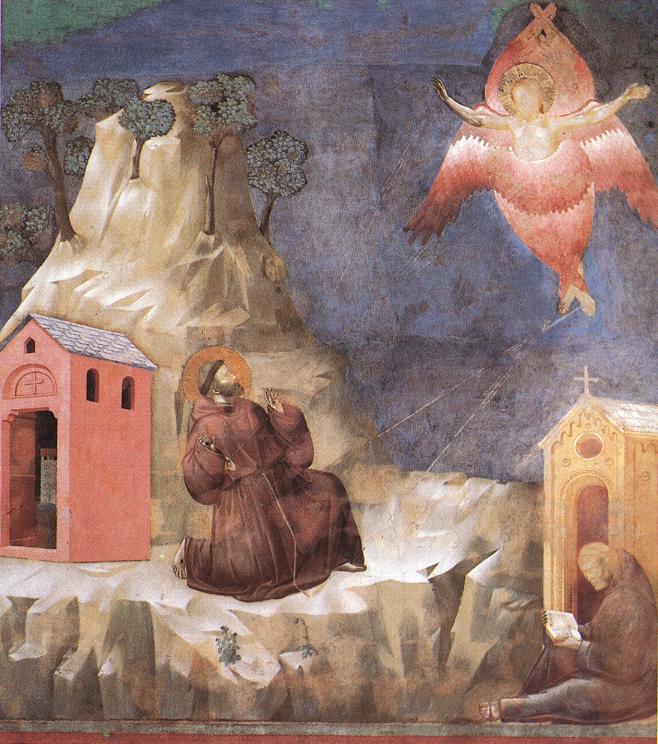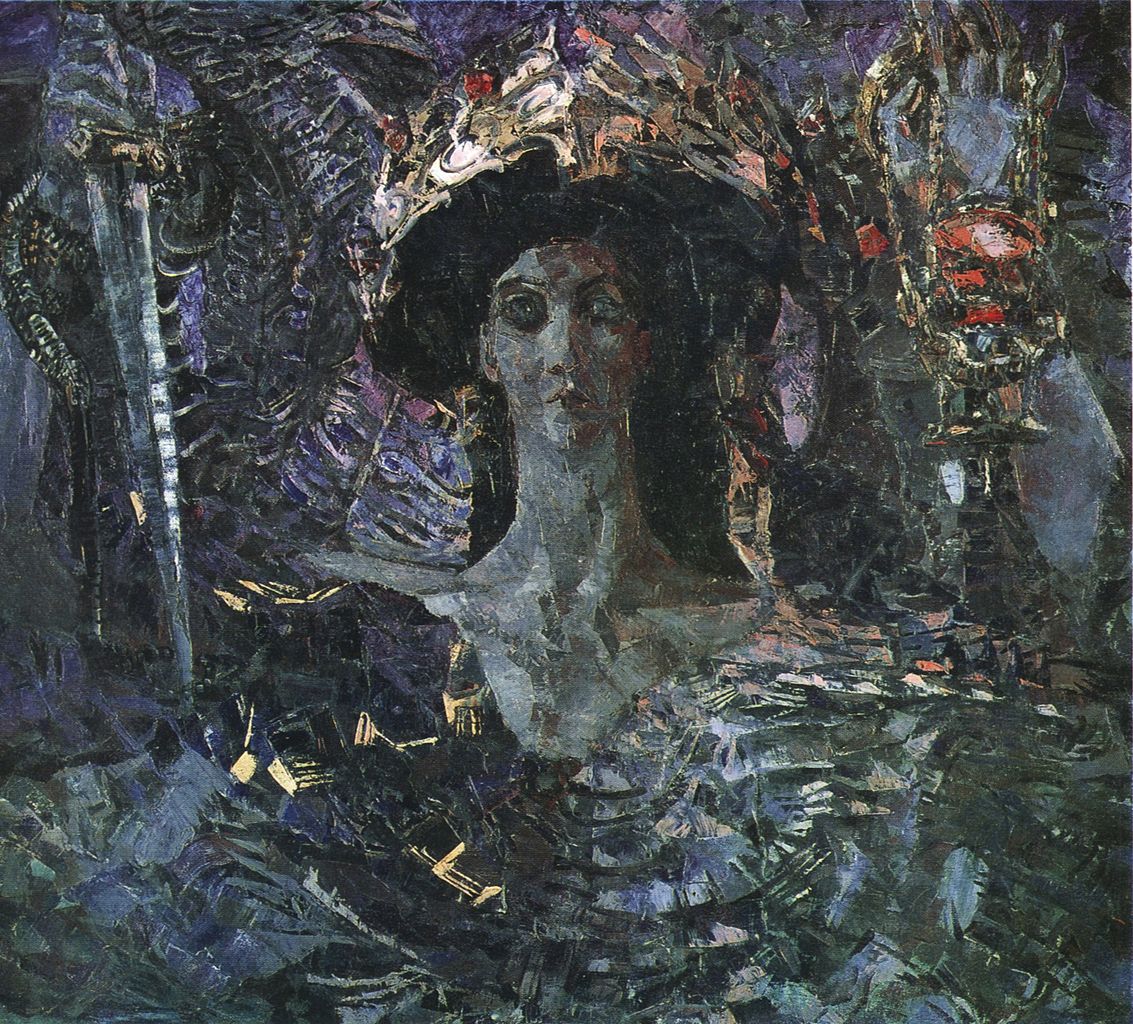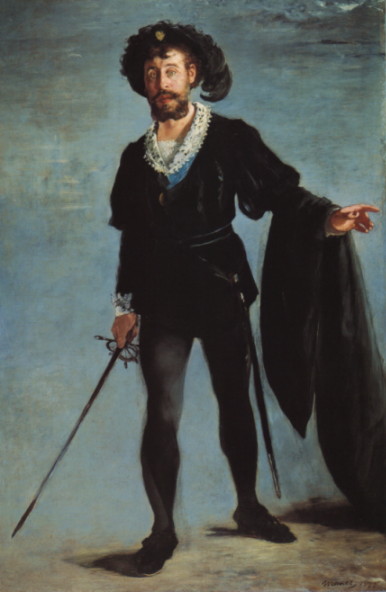Thus conscience does make cowards of us all,
And thus the native hue of resolution
Is sicklied o’er with the pale cast of thought,
And enterprises of great pith and moment
With this regard their currents turn awry
And lose the name of action…
William Shakespeare. Hamlet
According to Julian Jaynes, consciousness as we know it — this illusion of the inner world, where one does one’s introspecting, thinking, imagining, remembering, dreaming, planning, talking with oneself — depends on language and its metaphor-generating abilities. This particular mental set-up, which we tend to take as a biologically determined reality, could arise only at a certain stage of language evolution, and, it turns out, at a rather late one.

If, as Jaynes proposes, we take the earliest texts of our civilisation as psychologically valid evidence, we begin to see a completely different mentality. In novel and stressful situations, when the power of habit doesn’t determine our actions, we rely on conscious thinking to decide what to do, but, for example, the heroes of Iliad used to receive their instructions from gods — which would appear in the times of uncertainty and stress.
This is what Jaynes calls “bicameral mind”: one part of the brain (the “god” part) evaluates the situation and issues commands to the other part (the “man” part) in the form of auditory and, occasionally, visual hallucinations (Jaynes’ hypothesises that the god part must have been located in the right hemisphere, and the man part, in the left hemisphere of the brain). The specific shapes and “identities” of these hallucinations depend on the culture, on what Jaynes calls “collective cognitive imperative”: we see what we are taught to see, what our learned worldview tells us must be there.
The bicameral mind, and the corresponding systems of social organisation, began to break down about three millennia ago. Jaynes quotes remaining texts from the end of second millennium BC from Mesopotamia, where it must have started:
My god has forsaken me and disappeared,
My goddess has failed me and keeps at a distance.
The good angel who walked beside me has departed.
And even this, which might be viewed as evidence of brain processes involved:
One who has no god, as he walks along the street,
Headache envelops him like a garment.

Perhaps stressful situations became too complex and novel for the “god part” of the brain to deal with successfully, or the language evolution was reshaping human minds and brains — but gods left this world, which is to say, their commanding voices ceased to be heard, albeit gradually and — even now — not completely. Although consciousness — verbal thinking about novel situations, rationalising one’s behaviour, willing oneself into action — had to replace gods as a decision-making mental mechanism, there are vestiges of the earlier bicameral mentality in a variety of “abnormal” phenomena nowadays, from schizophrenia to children’s “imaginary friends” to hypnosis to “spirit possession” in more traditional cultures.
And in ghost sightings, of course — which brings us to Hamlet, whose most famous soliloquy is quoted as the epigraph to this post. Let’s return to this part of the soliloquy:
Thus conscience does make cowards of us all,
And thus the native hue of resolution
Is sicklied o’er with the pale cast of thought,
And enterprises of great pith and moment
With this regard their currents turn awry
And lose the name of action.
What is Hamlet talking about? He begins the soliloquy with a contemplation of suicide, but this is evidently about something else, something more general — one would hardly call suicide an enterprise of great pith and moment.
There is a word here which can easily mislead a modern reader, because it has undergone a significant semantic transformation in the intervening four hundred years — conscience. In the modern language, it refers to an inner sense of right and wrong — but this meaning doesn’t really fit here: if this conscience stops us from doing something, it’s not cowardice, but rather moral strength and courage. But here is how conscience is defined in “Shakespeare’s words”, a glossary of Shakespeare’s language compiled by David Crystal and Ben Crystal:
- Internal reflection, inner voice, inmost thought (Cymbeline, I.viii.116 from my mutest conscience to my thought)
- Real knowledge, internal conviction, true understanding (3 Henry VI, I.i.150 My conscience tells me he is lawful king).
- Sense of indebtedness, feeling of obligation (Twelfth Night III.iii.17 were my worth, as is my conscience, firm, You should find better dealing)
We see that semantic scope of conscience in Shakespeare’s language is notably broader than in the modern English; it comprises all kinds of inner voices, introspections, convictions, awareness and, in particular, that which we would now call consciousness — a word that didn’t exist in Shakespeare’s English: consciousness (in contrast to conscience) was invented by John Locke almost a century later, in his attempt to understand “human understanding”.

Once consciousness (as a word) came into being, conscience — which was inherited from Ancient Greece via Latin — gradually narrowed its meaning to its modern moral sense. But this hasn’t yet happened for Shakespeare (and for Hamlet). Hamlet abandons the idea of suicide not because his moral sense of right and wrong (which must have been, for all we know, supported by his religious beliefs) tells him that it would be wrong. He abandons it because he contemplates its possible consequences, and finds that he doesn’t have enough information to take such an irrevocable action (there is the rub…). And then To be or not to be turns from a contemplation on suicide to a reflection on the conscious mind’s attempts to make high-consequence decisions without sufficient information. Death, in this context, is but the ultimate expression of both high consequences and lack of knowledge — the undiscovered country from whose bourn no traveller returns.
Conscience here, then, stands not for “conscience” as we know it, but rather for conscious thinking as a decision-making tool: consciousness as the modern instrument for making up one’s mind. And the whole play turns out to be about a clash of two mental paradigms, two different mentalities: the bicameral mind and the conscious mind.
The bicameral mind is represented, of course, by the ghost. For Shakespeare and his contemporaries, ghosts weren’t quite as exotic and abnormal phenomenon as they are now; they belonged to what one might call the “collective cognitive imperative” associated with the Catholic faith, which had just recently been banished in England. As Stephen Greenblatt describes in “Hamlet in Purgatory”, ghost sightings used to be common enough, so there was an established procedure for distinguishing between “honest ghosts” (souls from Purgatory) and hallucinations or demonic apparitions (the procedure Horatio tries to follow during his first encounter with the ghost). Since Reformation had abolished Purgatory, ghosts were losing their church-sanctioned place in the collective cognitive imperative, and ghost sightings became less frequent (although never disappeared completely). This is the historical and cultural context of staging the ghost in “Hamlet”.
Presumably, a bicameral man would have followed the ghost’s command without questioning, just like the heroes of Iliad followed the commands of their gods. But Hamlet is not an ancient hero, he is a conscious man; he doesn’t act, he thinks. Consciousness interferes between the ghost’s command and the man’s action — and thus the native hue of resolution is sicklied o’er with the pale cast of thought.
Surprisingly, many people — Shakespearean scholars, directors, psychologists, just readers — find it puzzling, and even occasionally frustrating, that Hamlet cannot make up his mind to kill his uncle. Just recently, I’ve taken an online course on Hamlet, and was struck by this once again — both in the course materials and on discussion boards. Wouldn’t anyone in their right mind pause to think before springing into action if they see a ghost who commands them to kill someone? It would seem that, in our modern world, someone who tries to follow such questionable commands would have been diagnosed with schizophrenia (or some other mental illness). And yet, people keep looking for an “explanation” for Hamlet’s unwillingness to act (like Freud, for example, who found it necessary to invoke the Oedipal complex to explain why Hamlet cannot kill his uncle — the theory enacted in Laurence Olivier’s version of Hamlet).
I’ve come up with my own explanation for this puzzling reaction to “Hamlet”. In Hamlet, we are directly confronted with something the modern science only began to discover and address in the second half of the last century, and which makes us distinctly uncomfortable: although consciousness presents itself as a decision-making mechanism, it actually isn’t. We perceive consciousness as the initiator of our actions, but it’s an illusion — just as commanding gods of yore used to be. It is as hard to let go of this illusion as it is to see the blind spot, or — I would guess — just as it is hard to someone experiencing auditory hallucinations as the voices of gods to stop hearing them or to disobey them.
I still remember the shock I experienced when I first read about the fraudulent nature of consciousness in Tor Nørretranders’ book “The User Illusion: cutting consciousness down to size”, but this shock was accompanied by a palpable feeling that I (or some part of me) knew it, even if non quite consciously. It would seem that Shakespeare uncovered this “user illusion” long before even the word for consciousness appeared in the English language. “Hamlet”, just like Hamlet himself instructs his players, hold(s), as ’twere, the mirror up to nature — Hamlet tries to use his consciousness to decide what to do and to will himself into action, and fails, because consciousness is good at preventing us from action, but not at initiating an action. This mirror is as revealing and unflattering now as it was then (if not more so), because it’s not just about Hamlet: it’s about our consciousness, too.
[share title=”If you’ve enjoyed reading this post, please consider sharing it with your friends!” facebook=”true” twitter=”true” google_plus=”true” linkedin=”true” pinterest=”true” reddit=”true” email=”true”]